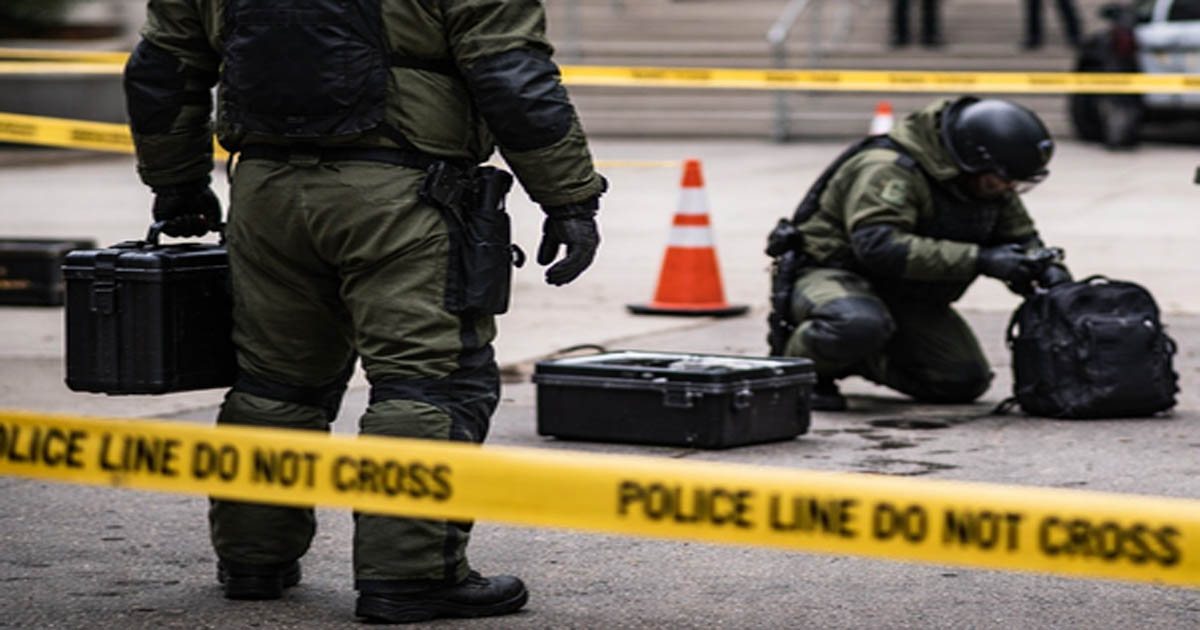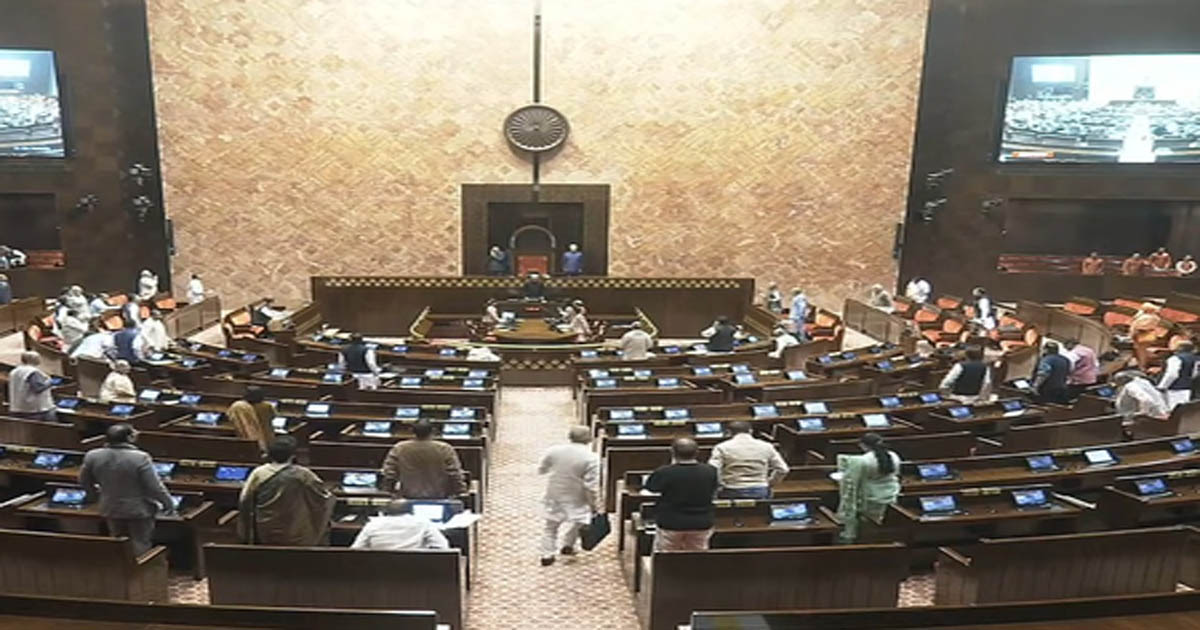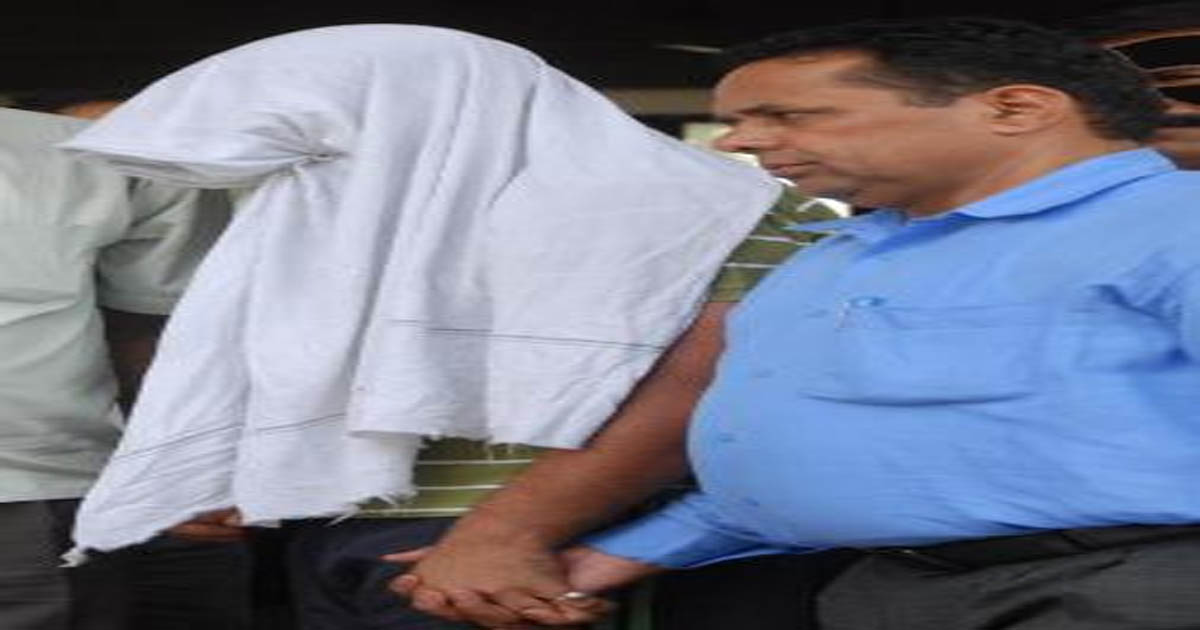National News
TN CM, FM blame Centre for fuel price hike

Tamil Nadu Chief Minister M.K. Stalin and Finance Minister Palanivel Thiaga Rajan on Thursday blamed the BJP-led central government for hiking the petrol and diesel prices.
Speaking in the state Assembly, Stalin said as the excise duty has to be shared with the state, the Central government reduced that while hiking the cesses and surcharges which are not shared with the states.
The two Ministers were responding to Prime Minister Narendra Modi’s call on Wednesday to states to reduce the Value Added Tax (VAT) on fuel “in the spirit of cooperative federalism”.
Modi on Wednesday lit the fuse citing the Central government reducing petrol and diesel prices by Rs 5/litre and Rs 10/litre, respectively, while many states have not followed suit.
Stalin said hiking the cesses and surcharges the Central government increased the burden on the common man while earning for itself lakhs of crore of rupees.
As per the figures of Petroleum Planning and Analysis Cell (PPAC), the total contribution of the petroleum sector to the central exchequer galloped from Rs 172,065 crore in 2014-15 to Rs 419,884 crore in 2020-21 and for the nine month period in FY22, it was Rs 310,155 crore.
On the other hand, the state’s revenue went up from Rs 160,554 crore in FY15 to Rs 217,650 crore in FY21 and Rs 207,658 crore for the nine month period in FY22.
“While both, the Central and the state governments, say that they get the revenue for investments in infrastructure, the PPAC figures show that the Central government has further leeway to reduce the rates,” an industry official told IANS on the condition of anonymity.
According to Stalin, owing to some state elections, the central government reduced the oil prices and after winning the polls, the prices were hiked fast.
Meanwhile Rajan urged the Centre to remove cesses and surcharges on petrol and diesel revert to the 2014 rates, an act which is fair and simple.
“We have repeatedly urged the Union government to reduce the cesses and surcharges being levied and merge them with the basic tax rates so that states get their rightful share from the proceeds of the Union taxes,” Rajan said.
According to Rajan, since Tamil Nadu levies ‘ad valorem’ taxes which are applied after Central taxes, this move by the Centre will cause an additional loss of about Rs 1,050 crore in annual revenue to the state.
“Given that the Union Government’s taxes continue to be exorbitant, it is neither fair nor feasible for the State Government to further reduce taxes.”
He hoped that the Central government would heed to this reasonable request in the “true spirit of cooperative federalism”.
He said the Centre’s levies on petrol have gone up substantially in the past seven years since Modi took charge for the first time in 2014.
Listing out the basic points and the tax rates on petrol and diesel, Rajan said on August 1, 2014, the basic price was Rs 48.55 per litre for petrol and Rs.47.27 per litre for diesel.
On November 4, 2021, the basic price of petrol was Rs 48.36 per litre while that of diesel was Rs 49.69 per litre.
On August 1, 2014, the Centre’s taxes were Rs 9.48 per litre on petrol and Rs 3.57 per litre on diesel. At that time, the state government taxes were at Rs 15.67 per litre on petrol and Rs 10.25 per litre on diesel.
“Prior to the reduction of taxes on petrol and diesel by Union Government, the levy of tax, including cesses and surcharges by Union Government on petrol was Rs 32.90 per litre and Rs 31.80 per litre on diesel,” he said.
“This has been reduced to Rs 27.90 per litre for petrol and Rs 21.80 per litre for diesel after the cut. So, when compared to 2014 (when basic price was roughly the same), the Union government still levies an additional tax of Rs 18.42 per litre for petrol (an increase of roughly 200 per cent) and Rs 18.23 per litre for diesel (an increase of over 500 per cent) compared to the taxes in effect when it took office in 2014.
“Though the revenue to the Union government has increased manifold, there has not been a matching increase in the revenues to States. This is because the Union government has increased the cess and surcharge on petrol and diesel while reducing the basic excise duty that is shareable with the states.
“In 2020-21, the revenue to the Union government from levies on petrol and diesel was Rs 3,89,622 crore which was 63 per cent higher than the revenue of Rs 2,39,452 crore in 2019-20. On the other hand, the government of Tamil Nadu in 2020-21 received only Rs 837.75 crore as share of the tax devolution from the Union Excise Duties on petrol and diesel as against the Rs 1,163.13 crore received in 2019-20,” the Minister added.
According to Rajan, after the advent of the Goods and Services Tax (GST) regime, the states have lost substantial powers to levy their own taxes and raise revenue.
“Further, the GST compensation regime comes to an end on June 30 and most states including Tamil Nadu have already requested the compensation to be extended considering the strain caused by the pandemic on state finances. However, there is no clarity from the Union government on whether the compensation will continue or not after June 30.”
On bringing petrol and diesel under the GST regime, Rajan had earlier said it can be done provided the Central government scraps the cess and surcharge levied on them.
On the other hand, AIADMK’s late Chief Minister J. Jayalalithaa was a strong advocate for changing the fuel pricing formula.
She had argued that the fuel rates should be determined based on import costs and refining charges and rates of domestic crude oil and the refining charges for the same instead of basing it on trade parity Price.
Crime
Bomb threat email forces evacuation, halts proceedings at Buxar civil court

Patna, Feb 13: The Civil Court in Buxar received a bomb threat via email on Friday, claiming that 14 explosions would take place at 1.15 p.m., triggering panic and forcing the suspension of all judicial proceedings.
The threat caused widespread alarm across the court premises, prompting the administration to evacuate the entire complex as a precautionary measure.
According to officials, the email explicitly mentioned that 14 bombs had been planted within the court premises and would be detonated at the specified time.
Following the alert, all lawyers, court staff and litigants were safely evacuated from the premises.
Soon after the threat was reported, Sub-Divisional Officer (SDO) Avinash Kumar, Sub-Divisional Police Officer (SDPO) Gaurav Kumar Pandey, and later Superintendent of Police (SP) Shubham Arya reached the spot with a heavy police deployment.
The entire court complex was cordoned off, and an intensive search operation was conducted with the assistance of the Bomb Squad, Dog Squad and technical teams.
The SDPO said the threat email was being taken seriously and that every suspicious object inside the premises was being thoroughly examined.
Although no explosives have been recovered so far, security agencies remain on high alert.
Meanwhile, District Bar Association General Secretary Bindeshwari Prasad Pandey coordinated with the administration to ensure a smooth evacuation, but raised serious concerns over court security.
Advocates J. Saifi and Tej Pratap Singh recalled past violent incidents, including shootings and murders within the court premises, and described the existing security arrangements as inadequate.
They demanded the installation of a permanent, technology-driven security system at all entry points to prevent such incidents in the future.
At present, the court complex remains under tight police surveillance.
Cyber and technical teams are working to trace the origin of the threatening email.
The district administration has assured that those responsible will be identified and strict legal action will be taken against them.
The incident has once again raised critical questions about security preparedness at judicial institutions.
Earlier this week, unidentified persons had sent emails threatening to blow up the Patna Civil Court on Monday, Wednesday and Thursday, which later turned out to be hoaxes.
National News
Budget session: Rajya Sabha adjourned till March 9

New Delhi, Feb 13: The Rajya Sabha was adjourned on Friday till March 9, marking the conclusion of the first phase of the on-going Budget Session of Parliament.
This adjournment follows a similar move in the Lok Sabha earlier in the day, as both Houses entered a three-week recess.
Twenty seven permitted special mentions by members who were present were deemed to have been laid on the table of the House. These special mentions, a procedural mechanism allowing lawmakers to highlight urgent public issues without full debate, were formally recorded in this manner due to time constraints or the session’s winding down.
The recess period is intended to enable parliamentary standing committees to scrutinise the detailed demands for grants and allocations presented in the Union Budget 2026-27, which was tabled earlier in the session.
Committees will examine ministry-wise expenditures, policy implications, and fiscal priorities to prepare reports that will inform discussions when the Houses reconvene.
The first part of the Budget Session, which commenced in late January, was marked by intense debates and disruptions.
Key issues included heated exchanges over an interim India-US trade deal, references to the unpublished memoir of former Army Chief General MM Naravane, opposition protests on various governance matters, and procedural wrangles.
Despite these challenges, some legislative business progressed, including the passage of certain bills in the Lok Sabha.
The adjournment comes amid a politically charged atmosphere, with opposition parties raising concerns on economic policies, national security, and farmer-related issues, while the government defended its agenda.
The three-week break provides an opportunity for consultations, committee work, and preparation for the second phase, where the focus will shift to detailed budget scrutiny, passing of appropriation bills, and potential further legislative activity.
The second phase is likely to see more substantive deliberations on financial matters and pending bills, aiming to conclude the session before the fiscal year-end considerations intensify.
Crime
FDA clerk caught at Mantralaya by ACB accepting bribe of Rs 35,000

Mumbai, Feb 13: The Anti Corruption Bureau (ACB) caught red handed a clerk working in the Maharashtra Food and Drug Administration (FDA) while allegedly accepting a Rs 35,000 bribe at the state secretariat, Mantralaya. The ACB official confirmed this development on Friday.
The Maharashtra Pradesh Congress Committee President Harshwardhan Sapkal claimed that the clerk Rajendra Dherange was arrested in a Cabinet minister’s office, and the incident highlighted what he called “rampant corruption” under the BJP-led government.
However, the ACB official clarified that the clerk, Rajendra Dherange, was caught while taking a bribe at the FDA office on the second floor of the Mantralaya.
The clerk had allegedly demanded Rs 50,000 from a complainant who wanted his medical licence to be restored, the official said. After the complainant approached the ACB, a trap was laid, and Dherange was apprehended while accepting Rs 35,000 as part payment inside his office on Thursday evening, said the official.
A case was registered against him under the Prevention of Corruption Act, and a probe was on, the official said.
Sapkal demanded that the Chief Minister should take serious note and remove the bribe taking minister.
“Shocking information has come to light that the ACB has laid a trap in the office of a Cabinet Minister in the Mantralaya and taken a corrupt officer into custody. Once again, it has become clear that open bribery and commission-taking is rampant in the Mantralaya during the tenure of the highly corrupt Mahayuti government.
“A situation has arisen where the people’s work does not get done without money — this is an extremely serious matter. The Chief Minister should take note of the related case, inform the public, and remove the bribe-taking minister from the post,” he said.
-

 Crime4 years ago
Crime4 years agoClass 10 student jumps to death in Jaipur
-

 Maharashtra1 year ago
Maharashtra1 year agoMumbai Local Train Update: Central Railway’s New Timetable Comes Into Effect; Check Full List Of Revised Timings & Stations
-

 Maharashtra1 year ago
Maharashtra1 year agoMumbai To Go Toll-Free Tonight! Maharashtra Govt Announces Complete Toll Waiver For Light Motor Vehicles At All 5 Entry Points Of City
-

 Maharashtra1 year ago
Maharashtra1 year agoFalse photo of Imtiaz Jaleel’s rally, exposing the fooling conspiracy
-

 National News1 year ago
National News1 year agoMinistry of Railways rolls out Special Drive 4.0 with focus on digitisation, cleanliness, inclusiveness and grievance redressal
-

 Maharashtra1 year ago
Maharashtra1 year agoMaharashtra Elections 2024: Mumbai Metro & BEST Services Extended Till Midnight On Voting Day
-

 National News1 year ago
National News1 year agoJ&K: 4 Jawans Killed, 28 Injured After Bus Carrying BSF Personnel For Poll Duty Falls Into Gorge In Budgam; Terrifying Visuals Surface
-

 Crime1 year ago
Crime1 year agoBaba Siddique Murder: Mumbai Police Unable To Get Lawrence Bishnoi Custody Due To Home Ministry Order, Says Report














